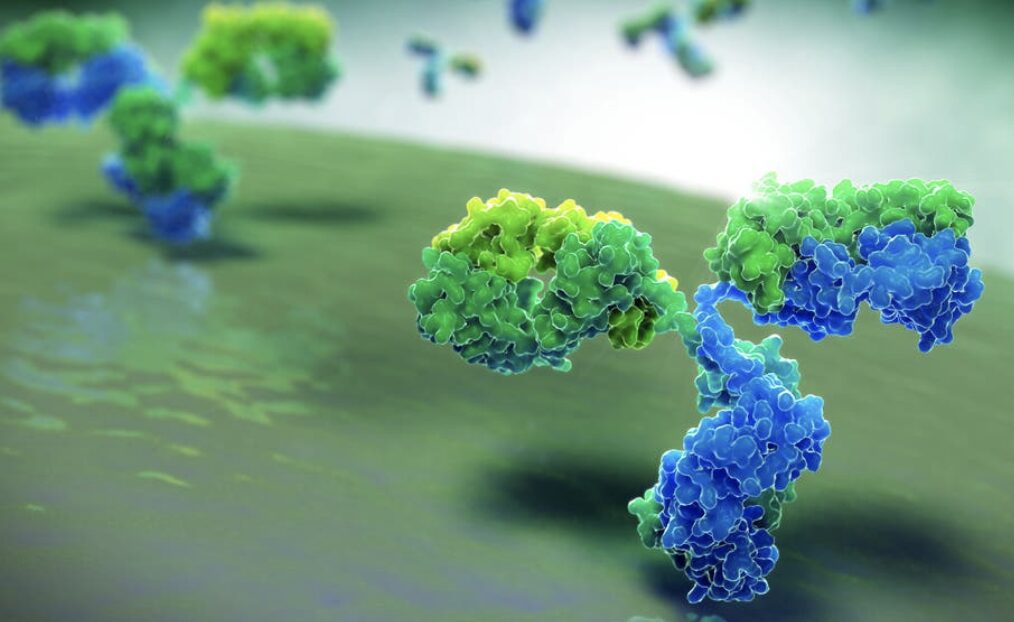By Dr. Steven Papish

Sacituzumab- Govitecan (Trodelvy) is a new treatment for refractory triple negative breast cancer.
Last month, the company released the following summary to oncologists:
“On 4/22/2020, the FDA approved Trodelvy for the treatment of patients with metastatic triple negative breast cancer. Patients had evidence of progressive disease on at least 2 or more prior chemotherapy treatments. In 33% of these heavily treated patients Trodelvy shrank the tumor by 50% or more. It slowed the spread of cancer in 45% of patients. The response lasted between 5.5 months and as long as 2 or more years.”
As explained in the pathology section of our website, triple negative breast cancers (TNBC) do not express the estrogen receptor (ER), the progesterone receptor (PR), or the Her-2 oncogene. Thus, chemotherapy is the only treatment available for distant metastatic TNBC (breast cancer that has spread beyond the breast and local lymph nodes). Unfortunately, some TNBC’s do not respond to chemotherapy and additional treatment options were limited.
New Treatments
Fortunately we now have two additional treatments for TNBC. One is the use of drugs known as check-point inhibitors. They unleash the body’s immune system to kill tumor cells (this will be the subject of a later blog).
The second novel treatment is Trodelvy. Researchers found that many triple negative breast cancers have an antigen (molecule that induces the production of antibodies) named Trop-2 on the cell surface. Once they discovered this they were able to produce an antibody that attaches to the antigen on the surface of the cancer cell.
Antibody-Drug Conjugate
Sometimes an antibody can directly kill the tumor, but unfortunately antibodies to Trop-2 alone will not kill the cancerous cells. Therefore researchers needed to increase the killing strength of the antibody and they produced what is called an Antibody-Drug Conjugate (ADC). It targets and kills cancer cells while sparing normal cells.

This process attaches a drug to the antibody itself. The drug in Trodelvy is known as SN-38. It is highly toxic alone, but it’s safe to administer when attached to the antibody. The key to the antibody-drug complex is that SN-38 is linked to the Trop-2 antibody that holds it tightly in place during injection but then releases it directly into the cancerous cell when the antibody finds the antigen that lives on the surface of the cell. By specifically seeking out cancerous cells to destroy, you can think of the ADC as a medical “magic bullet”. The cancerous cell dies as soon as the drug is released from the antibody into the cell.
We must be cautiously optimistic despite the excitement for this new medication. Some of the SN-38 can “leak out” and lead to hair loss, suppression of the bone marrow, diarrhea, and other side-effects. Presently only one-third of patients are having a great response, so we still have much more work to do. But at least we have added a very exciting new weapon to the arsenal of drugs we use to treat Triple Negative Breast Cancers.
Stay tuned for the discussion of check-point inhibitors and the immune response in a later blog.